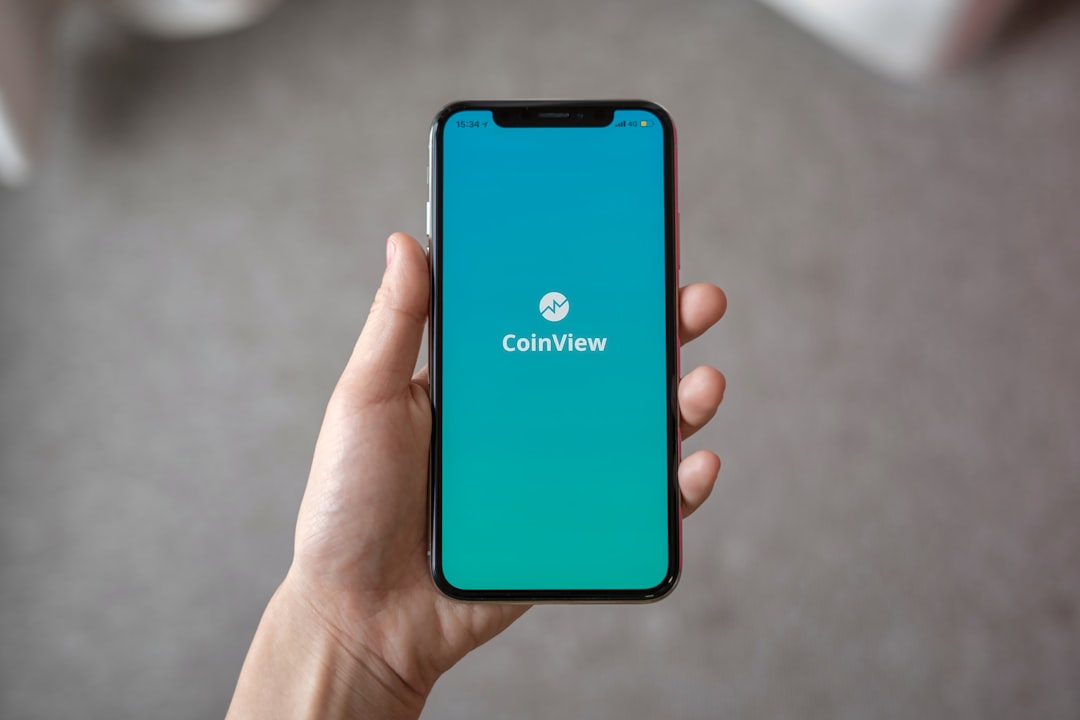In Illinois, "No Call Laws" protect residents from unwanted telemarketing calls by restricting business contact times, outlining consent requirements, and providing clear opt-out options. Recent Supreme Court decisions have clarified and complicated these laws, particularly regarding robocalls and do-not-call lists. In River Forest, these changes have led to adjustments in local ordinances, with a focus on clarifying restrictions for political and charitable organizations. The evolving regulatory framework presents challenges and opportunities for businesses while impacting residents' privacy. Modernizing No Call Laws through refined opt-out mechanisms and consumer education is crucial to balance protection and economic growth.
“In recent years, the Supreme Court’s decisions have significantly shaped the landscape of telephone harassment legislation, notably impacting No Call Laws in Illinois. This article explores how these judicial rulings have modified the rules surrounding unwanted calls, with a specific focus on their implications for River Forest residents and businesses. We delve into the effects on local laws, analyze changes from both commercial and residential perspectives, and forecast potential future developments to ensure continued consumer protection under evolving regulations.”
Understanding No Call Laws in Illinois: A Brief Overview

In Illinois, No Call Laws are designed to protect residents from unwanted telemarketing calls and sales pitches. These laws restrict when businesses can contact consumers by phone, with specific rules around consent and opt-out options. The primary goal is to ensure citizens’ peace of mind and reduce the frequency of intrusive marketing efforts. Businesses must adhere to these regulations to avoid penalties, making compliance a key consideration for companies operating in the state.
No Call Laws in Illinois have been shaped by various legislative acts and court rulings over the years. Recent Supreme Court decisions have further complicated and, in some cases, clarified these laws, especially regarding robocalls and do-not-call lists. These developments have significant implications for River Forest residents, as it directly affects their privacy rights and the tactics used by telemarketers to reach them. Understanding these changes is crucial for both consumers and businesses operating within the state’s legal framework.
Recent Supreme Court Decisions and Their Influence on Telephone Harassment Legislation

Recent Supreme Court decisions have significantly shaped the legal landscape surrounding telephone harassment, particularly in relation to No Call Laws in Illinois. These landmark rulings have had far-reaching implications, altering how businesses and individuals approach telemarketing practices and consumer privacy rights. The Court’s interpretation of existing legislation has led to a clearer understanding of when phone calls can be considered harassing, providing much-needed guidance for both parties involved.
One notable case has clarified that automated or prerecorded messages, commonly used in telemarketing, can trigger legal action if they are unwanted by the recipient. This decision reinforces the importance of obtaining explicit consent before making such calls, especially under Illinois’ No Call Laws. As a result, businesses must now be more vigilant in their marketing strategies to avoid potential legal repercussions and ensure consumer satisfaction.
The Implications for River Forest: How Have Local Laws Been Affected?

In River Forest, like many other Illinois communities, the recent Supreme Court decisions have significantly impacted local regulations regarding No Call Laws. These laws, designed to protect residents from unwanted telemarketing calls, have faced challenges in light of the evolving legal landscape. The high court’s rulings have led to a reevaluation of these laws’ effectiveness and scope. As a direct consequence, River Forest has had to adapt its local ordinances to align with the new judicial interpretation, ensuring compliance with state-wide No Call Laws.
The adjustments have primarily focused on clarifying call restrictions for political and charitable organizations, areas previously exempted under certain circumstances. Local authorities in River Forest are now more vigilant in enforcing these regulations, empowering residents with greater control over their phone privacy. This shift in policy reflects a broader trend across Illinois, where municipalities are carefully considering the implications of Supreme Court decisions to maintain a harmonious balance between consumer protection and organizational fundraising activities.
Analyzing the Impact on Businesses and Residents Alike

The recent Supreme Court decisions have significantly reshaped the landscape of No Call Laws in Illinois, impacting both businesses and residents alike. For businesses operating within River Forest and across the state, these changes present a mix of challenges and opportunities. On one hand, the relaxed regulations may encourage more proactive marketing strategies, allowing companies to connect with consumers without restrictive constraints. This could foster a competitive environment, potentially benefiting local businesses by leveling the playing field.
However, the shift also raises concerns about consumer privacy and unwanted calls. Residents in River Forest and throughout Illinois now face the prospect of receiving more telemarketing calls, which could lead to increased annoyance and potential harassment. Balancing the rights of businesses to market their products or services and the right of residents to enjoy peaceful solitude is a delicate task. As these new norms settle in, both businesses and residents will need to adapt to ensure a harmonious coexistence under the evolving regulatory framework of No Call Laws in Illinois.
Future Prospects: Anticipating Changes and Ensuring Consumer Protection

With recent Supreme Court decisions challenging traditional No Call laws, the future of consumer protection in Illinois takes center stage. These changes signal a potential shift in how businesses and residents navigate telemarketing practices, raising questions about the effectiveness of current regulations. Moving forward, Illinois may need to adapt its legislation to ensure consumers remain protected while allowing for fair business practices.
Anticipating these shifts, authorities should focus on modernizing No Call Laws in Illinois to address evolving communication methods. This could involve refining opt-out mechanisms and expanding consumer education initiatives to empower residents with knowledge about their rights. By embracing proactive measures, River Forest and other communities can prepare for potential changes, striking a balance between fostering economic growth and safeguarding the interests of local consumers.






